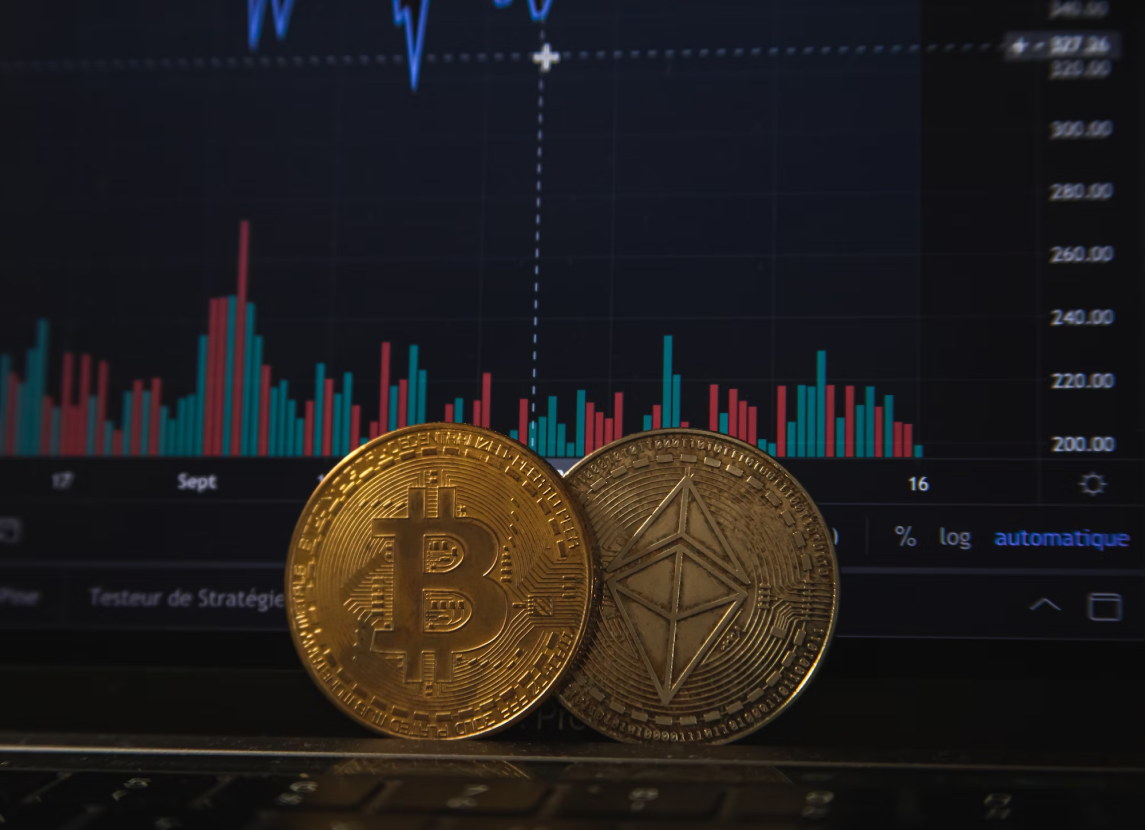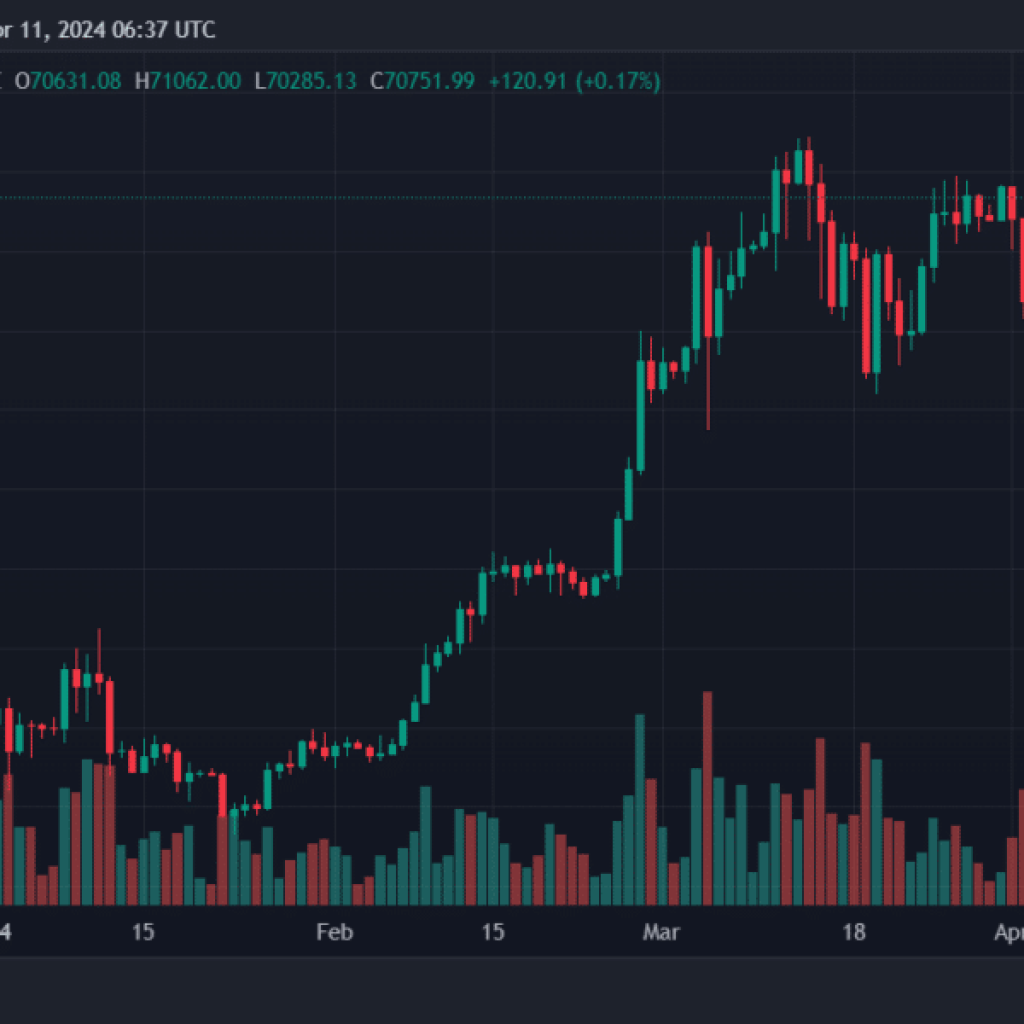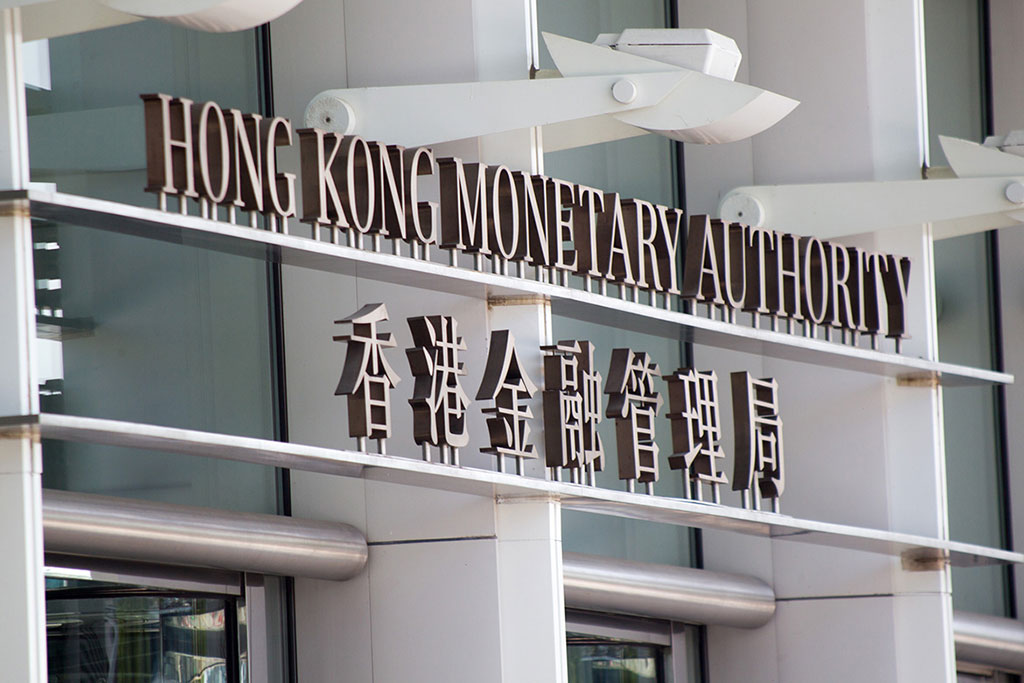The U.S. economy stands strong, unfazed by the economic terrors happening China, as stated by Wally Adeyemo, the U.S. Deputy Treasury Secretary, during a recent event in New York. Despite China grappling with its internal economic challenges such as an oversupply in manufacturing, aging demographics, and a declining business environment for private companies, Adeyemo remains confident these issues won’t dent the U.S. economic growth in the short term. His main concern centers around China’s surplus manufacturing capabilities, particularly in sectors like electric vehicles and solar panels, potentially overflowing into the global market.
Adeyemo highlighted the U.S.’s measures, such as tariffs and tax credits for electric vehicles, aimed at preventing Chinese products from dominating the U.S. market, thereby ensuring fair competition for American firms. This strategy reflects a broader dialogue with China about engaging in fair competition not only with the U.S. but across the global arena. Janet Yellen, the U.S. Treasury Secretary, plans to further address these concerns during the upcoming G20 finance ministers meeting in Brazil.
Meanwhile, Adeyemo dismissed the idea that imposing sanctions on over 500 Russian-linked entities could weaken the dollar’s stronghold as the global reserve currency. He argued that the U.S.’s economic strength, bolstered by investments in infrastructure, semiconductors, and clean energy, enhances its appeal as an investment destination, thereby securing the dollar’s dominance.
The geopolitical stage also features the escalating U.S.-China rivalry, compelling nations worldwide to navigate the complexities of international alliances. U.S. Secretary of State Antony Blinken, speaking at the Munich Security Conference, underscored the importance of multilateral engagement and warned against the perils of not participating in the global system. This sentiment was echoed by experts who view Blinken’s statements as a rallying cry for unity among U.S. allies, particularly against the backdrop of increasing U.S.-China tensions.
The controversy of U.S.-China relations is further complicated by Blinken’s call for a profound dialogue with China, stressing the significance of alliance solidarity to avoid undesirable outcomes. This approach seeks to reassure allies wary of being caught in the crossfire of U.S.-China disputes. European nations, in particular, find themselves at a crossroads, with leaders like German Chancellor Olaf Scholz and French President Emmanuel Macron actively engaging with China, highlighting a strategic pivot towards more autonomous foreign policies.
China, for its part, has responded to these diplomatic maneuvers with mixed signals. While expressing appreciation for Europe’s independent stance, Chinese media outlets have critiqued Blinken’s comments as reflective of a zero-sum game mentality, indicative of a deeper ideological divide.





